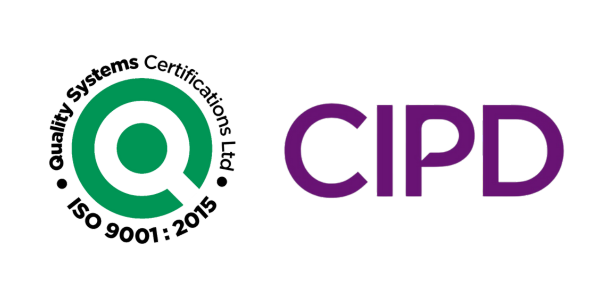
4 Ways to Mentally Prepare Yourself for Your Next Interview

The chances are that you have felt that nervous ‘butterflies in your stomach’ feeling when it comes to an important event or interview, the thing is with interviewing for a new job is you sometimes want that job but more often than not, you need it. Here are our top 4 ways to mentally prepare yourself for your next interview to give you the best chance at securing that job!
Know Your Stuff
The more you know about the potential job, the company, their ethos and the role, the better prepared you will feel walking in to interview with them. Do your research and find out everything you need to know or might be asked in the interview, this will calm your nerves and leave you feeling better mentally prepared on the day.
Practice Positive Self-Talk
If your brain tends to look on the negative side, try not to list all the reasons you won’t get the job and try to look at it from a new perspective by listing all the reasons you are perfect for the new role, not only will this quieten down your own negative self-talk but you will walk into the interview with a new confidence and this will shine through to your interviewers.
Prepare Prepare Prepare
This doesn’t just apply to the usual preparations as interview day looms such as researching the company, revisiting your CV and making a mental note of all of your skills and qualities but the practical things too: How far do you need to travel? What time do you need to leave to get there on time allowing for delays? Do you have enough petrol in the car? What will you wear to the interview?
Remember, Your Interviewer is Human Too
It’s easy to build up your interviewer or potential employer into a larger than life character who is only there to catch you out or highlight your shortcomings but they are human too, with their own fears, inadequacies and reservations. Remember when you walk into the room that they would love nothing more to find their perfect candidate in you too.
We hope our top tips have helped you better mentally prepare for your next interview. We wish you the best of luck! If you need more help and advice around employment, please contact us and one of our team will be happy to help.
BLOG


"Committed to Diversity and Inclusion"

HOME | CANDIDATES | CLIENTS | ADVICE CENTRE | CONTACT | BEDFORD | BIGGLESWADE | HUNTINGDON | LUTON | MILTON KEYNES | ST NEOTS | PRIVACY POLICY | PRIVACY STATEMENT
